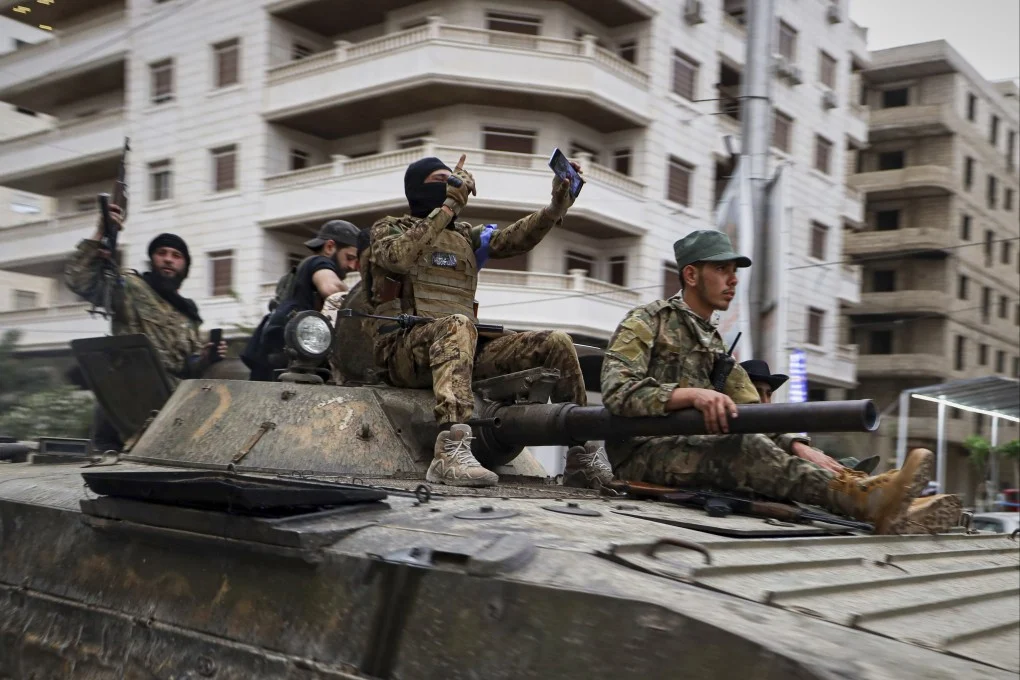The Israeli military launched airstrikes on several Syrian tanks in the southern region of the country in what it described as a decisive act to prevent further escalation near a Druze village recently affected by sectarian violence.
According to military officials, the strikes were aimed at halting the movement of Syrian government tanks that were approaching the outskirts of the village, amid ongoing tensions in the area. The move underscores Israel’s growing concerns over the safety of the Druze community, an ethnic and religious minority present in both Israel and Syria, particularly in areas close to the border.
The targeted strikes are believed to have occurred near a flashpoint region where clashes have recently erupted between rival sectarian groups. The Israeli government has made it clear that any threat to the Druze community in Syria will be met with swift action. This operation, they stated, was not only a military response but a political message aimed directly at the Syrian leadership.
Officials emphasized that the strike served as a warning against allowing instability near the Israeli border and against any actions that might endanger minority groups in the region. The tanks targeted were reportedly advancing in a manner that raised alarms within Israeli defense circles, prompting the decision to act preemptively.
The Druze community has historically maintained a delicate position in the conflict-ridden landscape of Syria, often caught between warring factions. With many Druze also residing in Israel, cross-border developments affecting their Syrian counterparts have drawn special attention and concern from Israeli authorities.
In recent days, growing unrest in the southern Syrian provinces, particularly in Suwayda, has drawn increased international scrutiny. Tensions there have sometimes spilled over into areas near the Israeli-controlled Golan Heights, sparking worries of broader regional implications. Israel has consistently monitored the situation, particularly any Syrian military movements that could be seen as threatening to border stability or minority populations.
The decision to carry out the strikes was reportedly taken after real-time assessments showed the Syrian tanks moving in a way that could exacerbate the fragile sectarian situation in the area. The message to Damascus was unequivocal: any actions perceived as threatening the Druze population or destabilizing the region near the Israeli frontier will provoke a direct response.
This latest incident adds to the complex web of military and political dynamics in southern Syria, a region that remains deeply fractured and volatile. It also signals that Israel is prepared to act unilaterally when it believes minority groups are at risk, particularly when such risks are posed by elements aligned with the Syrian regime.
With the situation still unfolding, the broader regional consequences of the strike remain uncertain. However, it is clear that Israel views protection of the Druze community, both at home and just across the border, as a strategic and moral imperative—one that could shape its military posture in southern Syria moving forward.

